wikiHow is a “wiki,” similar to Wikipedia, which means that many of our articles are co-written by multiple authors. To create this article, 19 people, some anonymous, worked to edit and improve it over time.
This article has been viewed 192,464 times.
Learn more...
Are you one of those people who, when asked how long ago something happened or how long something took, you give a rough estimate that's way off? Or are you chronically late because you're convinced that your morning routine or commute takes 15 minutes when in reality, it takes 25 or 30? Do you cook a dish for 50 minutes rather than 30 (as the recipe instructed) because you "lost track of time"? Some people are better able to judge the passing of time than others, but fortunately, this is an ability that can be developed with the following exercises.
Steps
-
1Keep all your clocks as correct as you can make them. Remember to check the ones on your computer, car, and cell phone. When you enter a new environment, check any clocks and note whether or not they match yours. While you are training yourself, wear a watch or carry a phone or other clock with you at all times. The more accurate your clocks, the better you'll be able to fine-tune your sense of time.
-
2Stabilize your circadian rhythm. Humans have a natural internal clock that regulates biological processes. If this rhythm is disrupted, not only will you have difficulty judging time, but it can also have negative effects on your health and productivity.[1] To keep your circadian rhythm optimized, develop a routine in which you eat, sleep, and expose yourself to natural light at about the same times each day.Advertisement
-
3Every time you think of it, guess to yourself what time it is. Check a clock or watch. Make a point of correcting yourself. Think or say to yourself something like "I thought it was 10:20, but it's actually 10:34. I was 14 minutes slow." This is your time sense gap.
- You can make it a habit to do this every time you encounter a certain landmark or object, such as a stop sign, traffic light or mirror.
- You may want to try guessing the time when you awaken, if you do not wake to an alarm.
-
4Whenever you get a chance, check a clock and make note of the time. Go about your regular life, attempting to guess when it has been one hour. Check a clock on your guess and make note of your time sense gap. As you get better, vary the time intervals you try to guess.
-
5When you start a task with a defined beginning and end (reading a chapter of a book, driving to a friend's house, taking a shower) guess how long it will take you. When you finish, guess how long it actually took you. Check the time. How far off was your initial guess? How far off was your second guess?
-
6When you start a task that has a specified time frame (like when cooking), set a timer for the upper end of the range given. For example, if you're to cook oatmeal for 3-5 minutes, set a timer for 5 minutes. Assign yourself the task of guessing when 3 or 4 minutes have passed. If you make a mistake, the timer will save you from having burnt oatmeal. But with practice, you'll develop a sense for how long to leave the oatmeal cooking, as many chefs learn to do with various dishes they cook often.
-
7Record your progress in a time sense journal. Whenever you observe a time sense gap, write it down. You might notice a pattern, like that you tend to be about 15 minutes slow in the morning, and 30 minutes fast in the afternoon. Or, like most people, time will seem to pass slowly when you're doing something monotonous or boring, and pass quickly when you're keeping busy or having fun. As you continue matching your guesses with reality, your sense of time will noticeably improve.
Community Q&A
-
QuestionHow do I wake up early in the morning?
 PattiCommunity AnswerGo to bed early so you get enough rest. You may want to try placing your alarm clock on a dresser or table across the room, which makes you get out of bed to shut it off (the annoying buzz sound is better than waking up to music). If a parent or roommate awakens before you, ask them to hound you to get up at a certain time. If you have a pet, they will get you up for their morning call of nature.
PattiCommunity AnswerGo to bed early so you get enough rest. You may want to try placing your alarm clock on a dresser or table across the room, which makes you get out of bed to shut it off (the annoying buzz sound is better than waking up to music). If a parent or roommate awakens before you, ask them to hound you to get up at a certain time. If you have a pet, they will get you up for their morning call of nature.
Warnings
- Being very precise about time ("I'll be at your house in 8 1/2 minutes") can make you seem uptight. Let your friends know why you're being so fussy.⧼thumbs_response⧽
- People with Parkinson's disease, Huntington's disease, Attention-Deficit/Hyperactivity Disorder (ADHD), or Schizophrenia often struggle with time perception.[3] If you display any other symptoms of these conditions, see a doctor.⧼thumbs_response⧽
- Nicotine cravings can cause you to perceive time as passing more slowly than it really is.⧼thumbs_response⧽
- Stimulants (including caffeine) may cause you to overestimate time intervals, while depressants may do the opposite.[4]⧼thumbs_response⧽
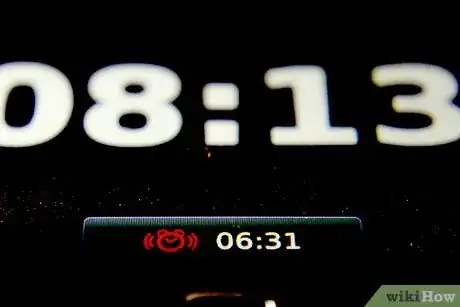
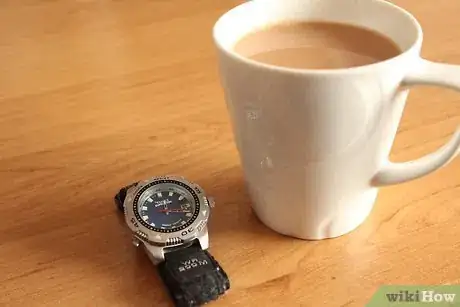
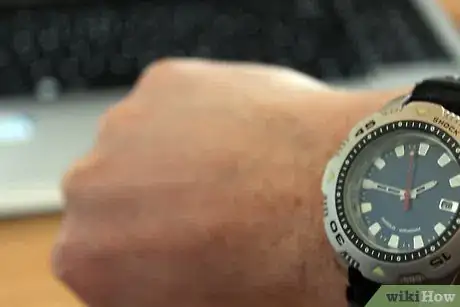


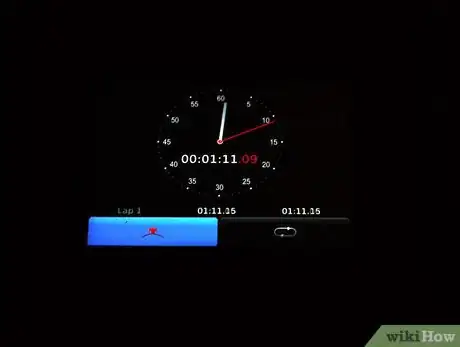
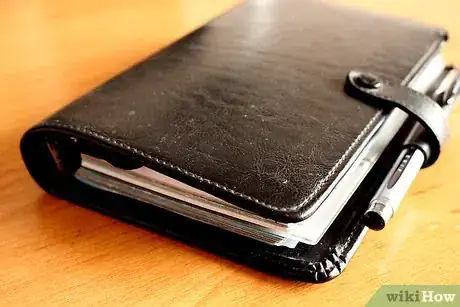
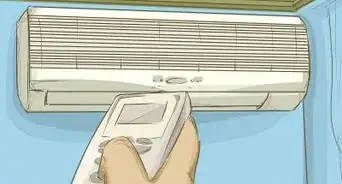


























































Medical Disclaimer
The content of this article is not intended to be a substitute for professional medical advice, examination, diagnosis, or treatment. You should always contact your doctor or other qualified healthcare professional before starting, changing, or stopping any kind of health treatment.
Read More...